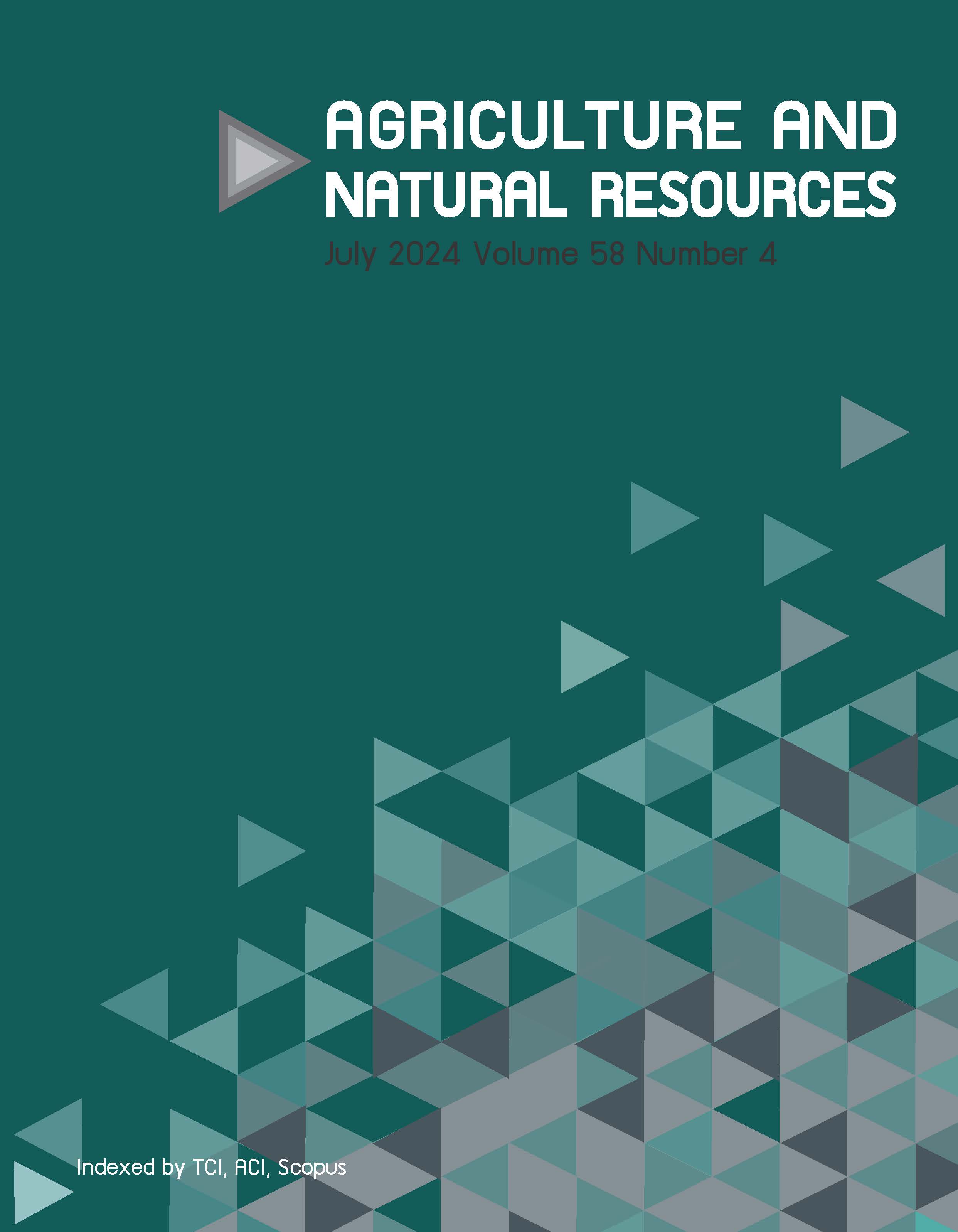Investigating tiger milk mushroom (Lignosus rhinocerus) biochemical component yield and anticancer properties based on different casing materials
Keywords:
Anticancer, Antioxidant, Casing, Lignosus rhinocerus, Tiger milk mushroomAbstract
Importance of the work: The tiger milk mushroom (Lignosus rhinocerus) is rare and grows naturally in dense forests, severely limiting its availability as a health supplement. This scarcity has led to the development of casing-based tiger milk mushroom sclerotium culture, which mimics natural growing conditions to meet the growing demand.
Objectives: To investigate the effect of different casing materials on the growth characteristics and biological activities of tiger milk mushroom sclerotium.
Materials & Methods: The fully colonized tiger milk mushroom substrates were buried for 6 mth in 36 different casing materials consisting of coconut coir (CC), planting soil (PS), rice straw (RS), rubber wood sawdust (RWS), Hungary oyster mushroom spent substrate, Indian oyster spent mushroom substrate and various combinations of these materials. After harvesting, the sclerotium was sliced, dried and ground into a powder. The dried samples were extracted with boiling water and examined for biochemical components and biological activities.
Results: Sclerotium fresh weight was highest (96.53 ± 3.03 g) using the casing with CC. Casing with PS generated a high content of phenolic acids and flavonoids, as well as having high antioxidant and anti-lung cancer and anti-breast cancer activities. Casing with CC:RWS (1:1) provided a high content of β-glucan (81.50 ± 1.96 mg β-glucan/g extract).
Main finding: The growth characteristics and biological activities of tiger milk mushroom sclerotium varied depending on the casing material. The results of the study should assist in choosing effective casing materials capable of stimulating the desired bioactive components.
Downloads
Published
How to Cite
Issue
Section
License
Copyright (c) 2024 Kasetsart University

This work is licensed under a Creative Commons Attribution-NonCommercial-NoDerivatives 4.0 International License.
online 2452-316X print 2468-1458/Copyright © 2022. This is an open access article under the CC BY-NC-ND license (http://creativecommons.org/licenses/by-nc-nd/4.0/),
production and hosting by Kasetsart University of Research and Development Institute on behalf of Kasetsart University.







